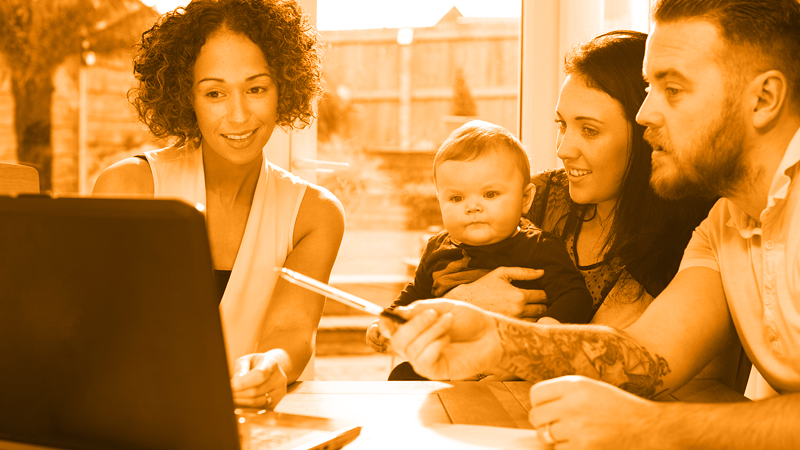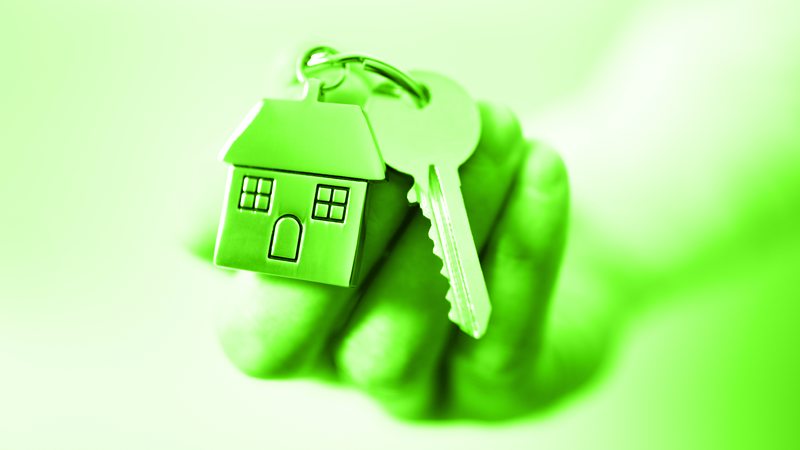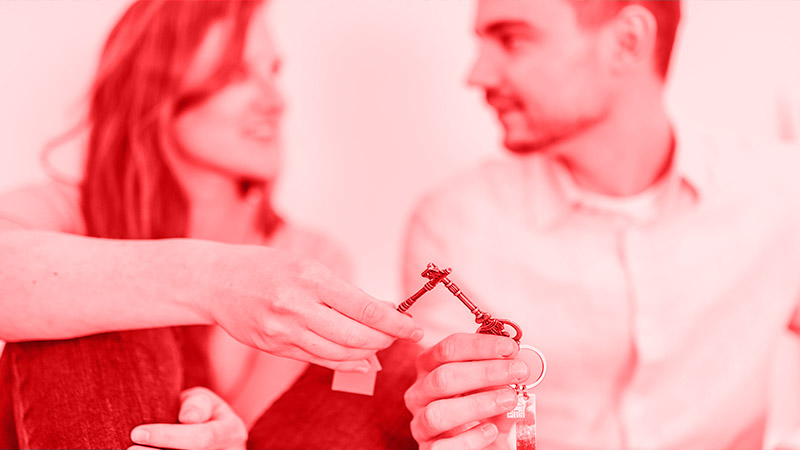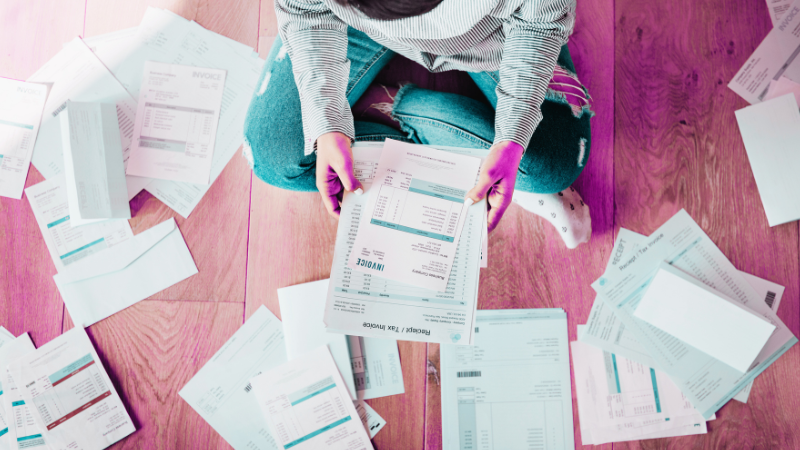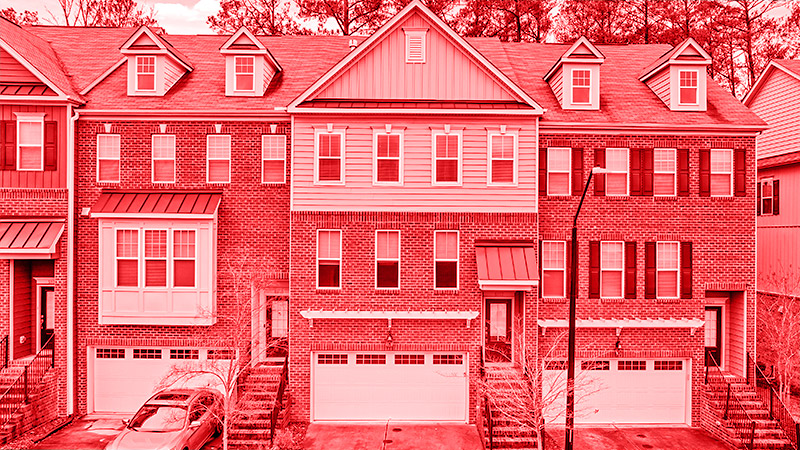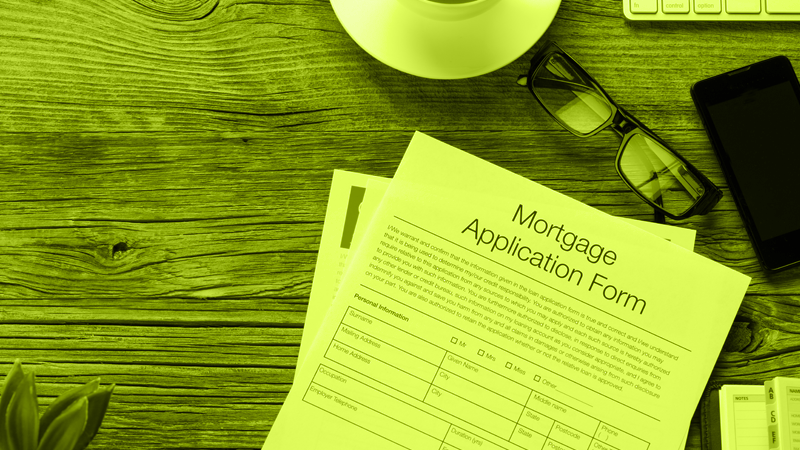You may find yourself in a situation where you need to buy someone out of a house for several reasons, such as during a divorce, separation, or when siblings inherit a property but not everyone wants to retain their share.
Regardless of the circumstance, understanding the process of a mortgage buyout in the UK is essential to ensure a smooth and legally sound transfer of ownership.
While many people assume that buying someone out of a property is a complicated affair, it doesn’t have to be.
With the help of a mortgage broker, legal advice, and an understanding of the necessary steps, the process can be more straightforward and less stressful than initially thought.
What Does Buying Someone Out of a House Mean?
A mortgage buyout refers to purchasing another person’s share of the property you jointly own. This situation typically arises when one party wants to assume full ownership of the property, effectively releasing the other party from the mortgage and removing their name from the title deed.
Once the buyout is complete, the individual remaining will be the sole owner, responsible for all mortgage payments and any other liabilities associated with the property.
For example, if you and a partner or sibling co-own a property, and you wish to take over full ownership, you would need to buy them out by purchasing their share of the equity.
Following the buyout, their name would be removed from the mortgage, and they would no longer have any financial responsibility for the home.
Steps to Buying Someone Out of a Property in the UK
1. Property Valuation
The first step in a mortgage buyout is determining the current market value of the property. This can be done by hiring a chartered surveyor for a formal valuation, which typically incurs a fee but provides an accurate assessment of the property’s worth.
You may also seek informal valuations from estate agents, which are usually quicker and often free, though less formal. It’s essential that both parties agree on the valuation figure to avoid disputes later in the process.
2. Determine the Outstanding Mortgage
Once the property value is established, you’ll need to subtract the amount remaining on the mortgage. To find out how much is left to pay, request a redemption statement from your lender. This statement will show the outstanding balance and any additional fees that may be incurred when the mortgage is settled or transferred.
3. Calculate the Equity
Equity is the difference between the current property value and the remaining mortgage balance. For instance, if your home is valued at £300,000 and the remaining mortgage is £100,000, the equity in the property is £200,000.
This equity will be split between the co-owners based on their ownership share. In many cases, particularly in divorces, the equity is split 50/50. However, this can vary depending on how much each party has contributed to the deposit or mortgage payments over the years.
4. Negotiate the Buyout Amount
The buyout amount is the portion of the equity that you will need to pay the other party to assume full ownership. If the equity in the property is £200,000 and the other person owns 50%, you would need to pay them £100,000 to buy them out.
In some situations, such as an amicable separation, the other party may be willing to accept a lower buyout figure, but this should be agreed upon and documented legally to avoid future disputes.
5. Remortgaging to Fund the Buyout
Most individuals cannot afford to buy someone out of a property without accessing extra funds.
A common way to finance the buyout is through remortgaging. Remortgaging involves replacing your current mortgage with a new one, often with higher borrowing, to free up the cash needed to pay the other party.
The process is treated similarly to applying for a new mortgage, and your lender will assess your income, credit score, and affordability.
Keep in mind that since you’re now applying as a single owner, your affordability will be judged solely on your income and financial standing.
6. Legal Transfer of Ownership (Transfer of Equity)
Once the financial details are sorted, you’ll need to formally transfer the property ownership.
A solicitor or conveyancer will handle the legal aspects of the buyout, including updating the Land Registry to reflect the new ownership and ensuring the departing party’s name is removed from the title deeds and mortgage.
The solicitor will also draft the transfer of equity documents, which both parties will need to sign. Solicitors typically charge between £250 and £300 for their services.
7. Stamp Duty Considerations
In some cases, you may be required to pay stamp duty as part of the buyout process. This generally applies when the buyout involves significant sums, particularly if the amount being transferred exceeds the £250,000 threshold.
However, stamp duty is usually not applicable if the transfer occurs as part of a divorce or civil partnership dissolution.
Alternatives to a Mortgage Buyout
If remortgaging or buying someone out isn’t feasible, there are other options you can consider:
- Sell the Property: This is often the easiest solution when parties cannot agree on a buyout figure or are unable to afford it. Once the property is sold, the mortgage is repaid, and the remaining equity is divided between the co-owners. Selling the property allows both parties to move on without the financial burden of the mortgage or property ownership.
- Maintain Joint Ownership: If both parties are on good terms, maintaining joint ownership may be a viable solution, especially if there are children involved or if neither party wants to move. However, this arrangement requires clear agreements about who will be responsible for ongoing costs like mortgage payments, maintenance, and repairs.
- Raise Funds from Other Sources: If remortgaging isn’t an option, you may be able to raise the necessary funds through personal savings, loans, or assistance from family members. However, any additional loans will need to be factored into your affordability, as you will be responsible for repaying both the mortgage and any loans.
Common Challenges in a Mortgage Buyout
While a mortgage buyout can be straightforward in amicable situations, it can become complicated if there are disagreements over the property’s value, ownership share, or financial contributions.
If both parties don’t agree, the buyout process may take longer and could involve legal proceedings. In such cases, it is advisable to consult with a family solicitor or mediator to resolve the disputes and reach a fair agreement.
Additionally, the affordability of remortgaging can be a significant hurdle, particularly if the mortgage was originally based on two incomes.
In this scenario, working closely with a mortgage advisor can help you explore alternative financing options or negotiate better terms with your lender.
Related reading:
- Reasons for remortgaging.
- Remortgaging to release equity.
- Remortgaging to buy another property.
- Remortgaging with bad credit.
- Remortgaging for home improvements.
- I own my house outright can I remortgage?
- Capital raising mortgages.
Conclusion
Navigating a mortgage buyout in the UK can seem daunting, especially if it occurs during an emotionally charged time, like a divorce or separation. However, with the right financial and legal guidance, the process can be manageable.
By understanding how to value the property, calculate equity, and explore financing options such as remortgaging, you can take ownership of the property while ensuring the other party is compensated fairly.
For those unsure of how to proceed, seeking the expertise of a mortgage advisor is highly recommended.
They can assist with everything from finding the best remortgage deals to guiding you through the legal aspects of transferring ownership.
This expanded version provides more comprehensive information on the mortgage buyout process, potential challenges, and alternative solutions while maintaining clarity and thoroughness in explaining each step involved.
How To Calculate Buying Someone Out of a House Final Thoughts
Navigating the mortgage buyout process alone can be overwhelming, especially if you’re also dealing with a divorce or separating from someone you don’t get along with.
You can make things easier by consulting an independent mortgage advisor or broker who can support you and guide you through the process.
Call us today on 03330 90 60 30 or contact us to speak to one of our friendly advisors.





